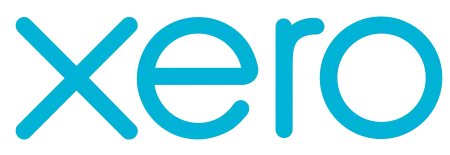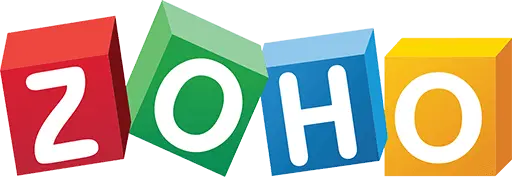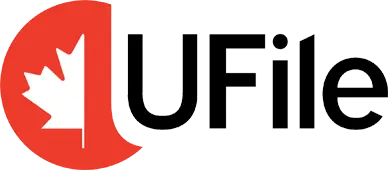About Us
Zen Tax Accountants is not just another company. We are a team with over 30 years of experience combined. Our goal is to make your money matters easier. Our skilled experts can cut taxes by around 45%. They share their special knowledge with each client we meet.
We help more than 1500 clients and have kept 95% of them, which shows how much we care about their happiness. We have saved our clients a large amount of 45 million dollars by focusing on details like bank checks. We also offer many services, such as tax preparation, money help, and bookkeeping. At Zen Tax, we understand the issues you face. We work hard to provide you with clear and personal solutions for your needs.
The Bank Reconciliation Process:
Reconciling bank statements with your own records is very important for keeping your financial records right and trustworthy. At Zen Tax, we carefully follow several steps to ensure your books match your bank accounts. First, we gather all important financial documents and look at transactions in your bank statements.
We use tools like QuickBooks, Xero, Wave, or SAP to quickly spot any differences. Mistakes can happen—around 1 in 5 reconciliations have errors, costing between $100 and $500 each, as the Journal of Accountancy notes. We look closely to find these errors, which often happen due to missing data, lack of training, or not enough time. We fix these issues to improve your financial situation. With detailed account checks and up-to-date information, we help you avoid costly errors and keep your records in great shape.
Advantages of Regular Reconciliation
Bank reconciliations are not just about making your accounts match. They also help you feel more in control of your money. Good reporting is really important for any business.
With these reconciliations, you can find mistakes that often go unnoticed. These mistakes can cost you between $100 and $500 each. Regular reconciliations are more than numbers. They help you find fraud and catch transactions that you did not approve before they lead to larger issues. In addition to finding errors, these reconciliations help you manage your cash flow. You will always know how much money is available. Can you picture having fewer surprises about your cash? We can help you with that. Let’s make your numbers work better for you.
FAQ / Resources
-
A bank reconciliation is a process of comparing the balance in a company’s bank statement with the balance in its accounting records to ensure accuracy and detect any discrepancies.
-
Bank reconciliation is important because it helps to identify and resolve any differences between the company’s accounting records and the bank statement, which can affect the accuracy of financial statements and potentially lead to errors or even fraud.
-
The benefits of using a bank reconciliation service include: ensuring accuracy and completeness of financial records, detecting and preventing errors or discrepancies, and saving time and resources by outsourcing the reconciliation process.
-
To perform a bank reconciliation, we will need access to your company’s bank statements, accounting records, and any other relevant financial information.
-
The time required for a bank reconciliation service can vary depending on the complexity of the financial records and the frequency of transactions. On average, it can take anywhere from a few hours to several days to complete.
-
Yes, our bank reconciliation service is performed by experienced and certified accountants who will ensure that the process is accurate and thorough.
-
No, you do not need to be present during the bank reconciliation process. We will work with you remotely to gather the necessary information and complete the reconciliation.
-
Yes, we can schedule a bank reconciliation service at a time that suits you, including evenings and weekends.
-
It is recommended to perform a bank reconciliation at least monthly, or more frequently if your business has a high volume of transactions.
-
Yes, we can perform a bank reconciliation service for multiple bank accounts, including chequing, savings, and credit card accounts.
Couldn’t find your answer?
ask a question
















